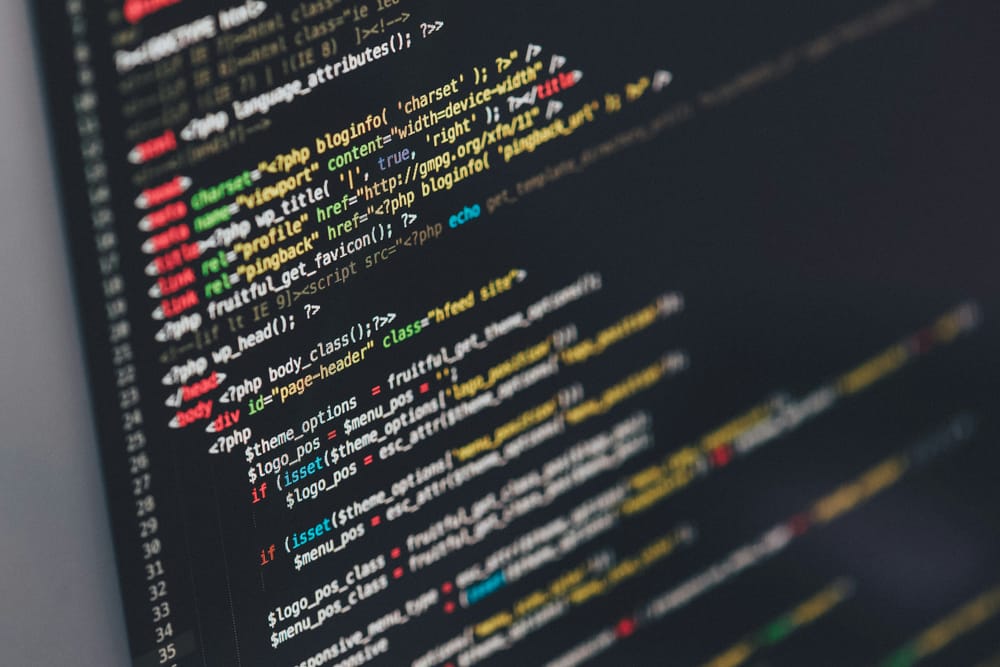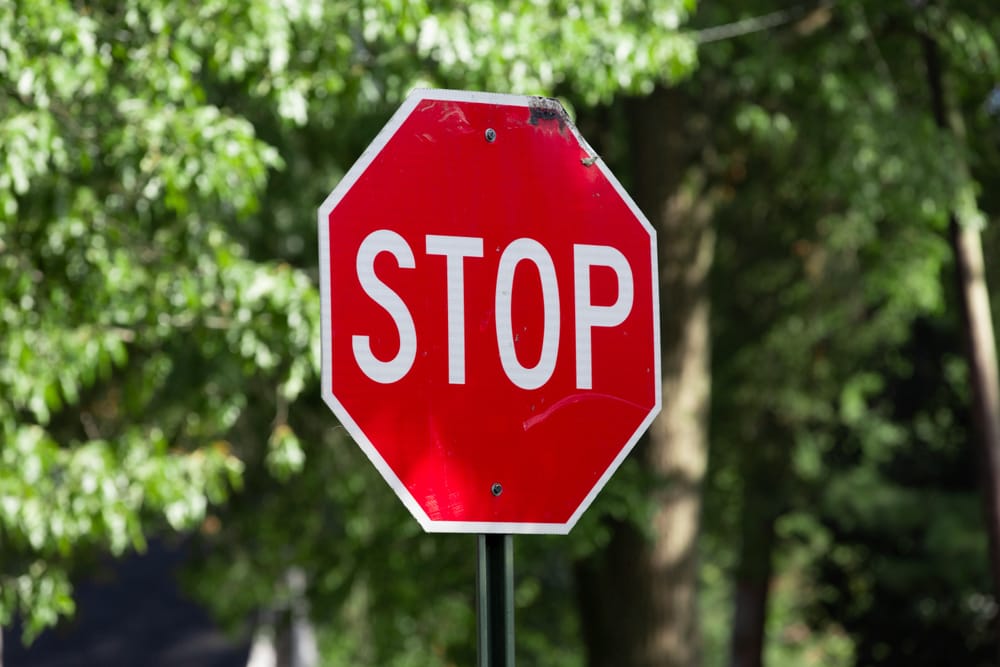Contribution from December 22, 2024
The current debate about a possible reversal of cannabis legalization following a change of government has caused quite a stir. After RUHR24 and Tagger approached us with this question, we would like to take the opportunity to present our perspective on the situation.
Our political assessment
On closer inspection, the demands put forward by the CDU/CSU and the German Medical Association for a reversal of legalization turn out to be election campaign skirmishes. In our view, it is hardly politically feasible to actually implement these demands. The SPD, as the initiator of the law, would probably reject such a U-turn in a possible grand coalition. Even the Greens, who have been campaigning for legalization for decades, would not agree to such a step without losing their political credibility. A complete withdrawal of the KCanG therefore seems unrealistic to us. However, we assume that the law will undergo some changes in the coming legislative period.
Legal and economic consequences
Reversing democratically passed laws that have already resulted in far-reaching structures and investments would raise considerable legal questions. Many growers' associations have already invested financial and time resources in setting up their structures. The licenses granted for seven years, rented or purchased real estate, building permits, installed security systems and trained personnel represent significant investments that cannot simply be reversed without further ado.
The question of liability for damages is particularly controversial. By withdrawing the law, the state would expose itself to considerable claims for damages. Associations and companies have invested a great deal of money in reliance on the legality and stability of the law. A reversal would not only cause direct financial losses, but would also result in follow-up costs due to contracts already concluded, personnel obligations and infrastructure measures that have already been implemented. The legal basis for such claims for damages arises from the constitutionally protected protection of legitimate expectations and the principle of proportionality. The state would have to pay for these damages - an unnecessary burden on the state budget that could be avoided by adhering to the legislation that has been passed.
Social perspectives
Partial legalization enables a holistic approach to cannabis policy for the first time. Controlled access for adults under state supervision not only ensures effective protection of minors through strict regulation, but also enables comprehensive quality control of the products. The scientifically sound educational work and the destigmatization of consumers contribute to a more responsible social approach to cannabis.
Modern prevention work
Legalization means that open discussions can finally be held about the risks of consumption. Prevention work benefits from target group-oriented information campaigns and low-threshold offers of help. Instead of criminalizing people, the focus is now on realistic harm minimization. Legal structures also offer the opportunity to deprive criminal organizations of their business basis and to push contaminated products off the market.
Future prospects
In times of multiple crises, we need to focus on the really pressing problems. Climate change, social justice, necessary education reforms and the stability of our healthcare system require our full attention. Reversing cannabis legalization would not only waste valuable resources, but also represent a significant socio-political step backwards.
As an association, we advocate an evidence-based drug policy that is based on scientific findings rather than ideological debates. The focus must be on health education, consumer protection and preventive approaches, not on repressive measures.
The legalization of cannabis is an important step towards a modern, realistic drug policy. A reversal would not only be legally and economically problematic, but would also represent a significant socio-political step backwards. Instead of discussing hypothetical take-back scenarios, we should focus on making the most of the opportunities offered by legalization and shaping a responsible cannabis policy.
The era of stigmatization and criminalization must finally be a thing of the past. Only a reliable policy can strengthen citizens' trust in democratic decision-making processes.







